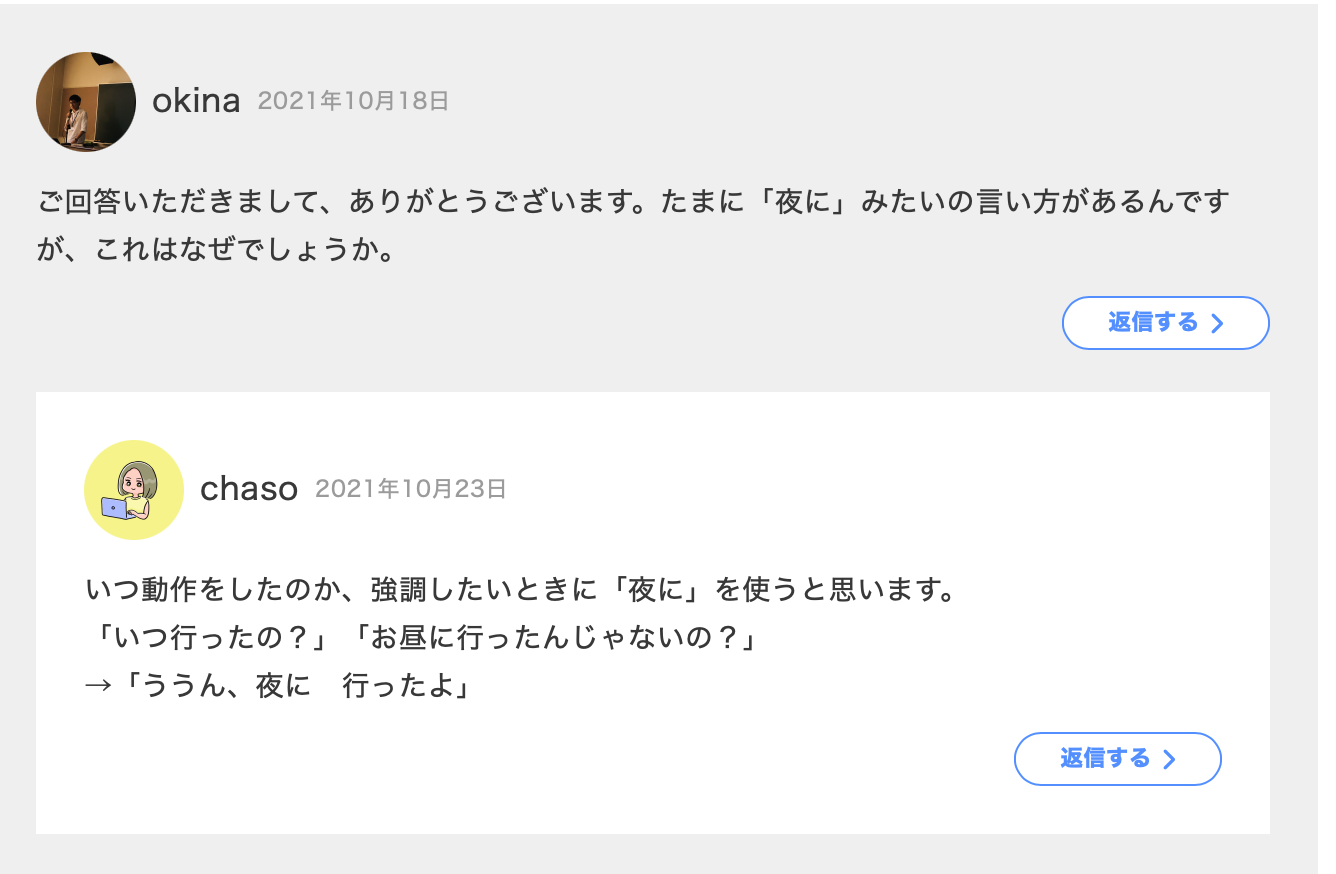Many questions have been asked regarding the correct usage of the に particle to indicate the time when an action occurs and the matter appears to be more nuanced than it may seem, at least to beginners. As if things weren't complicated enough, textbooks tend to oversimplify or state half-truth, so here is my version of the question. As far as I've come to understand, there isn't really a rule prohibiting the usage of specific words with に, rather (in most cases) they would make much rarer nuances. One "rule" I've run into reading books and online is that
- Relative-to-now time phrases should not be followed by に.
An example of this: 今日, 昨日, 今朝. These expression clearly convey a relative time with respect to the present. If I write a message on September 11, 今朝 will be the morning of that very day, 昨日 will be September 10 and so on.
Nonetheless, there are other words that I find difficult to understand how they work, for example:
- 朝 (or 夜): it's very clear (maybe excluding some specific nuance in literature) that 朝 does not require に. Nevertheless, in contrast to 今朝, it doesn't occur to me that 朝 indicates a time relative to the present: it could be the morning of any day in principle, or it could mean everyday in the morning;
- 週末: in this case, the particle に seems to be used (or at least it) and it makes sense according to the rule above, since this is not 今週末 (this weekend).
On the other hand, I've also found other versions of the "rule" for the usage of this particle:
- に is used to indicate specific moment in time (e.g. what time you do something)
Or the even more controversial
- に should not be used after some specific words (including also 朝 and 夜)
The last one may be an oversimplification for beginners, while I can't seem to understand how to connect 1 and 2. Probably the "specific" in 2 should be understood as absolute. For example, if I say 八時に, I'm considering an absolute point in time (because of course the day is implicit in the context), which is not defined in terms of the present (in contrast to 今朝, for example). Still, I can't really see what to do with 朝 and 週末 in either case. Could you please provide some clarity - possibly sticking to my examples and pointing out possible errors?


